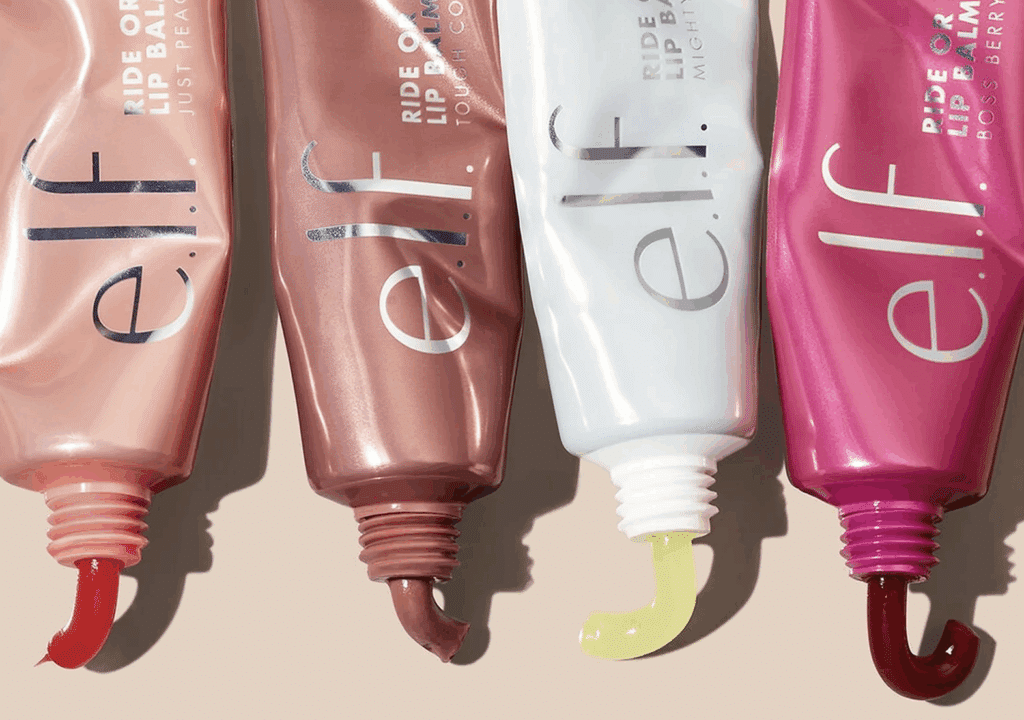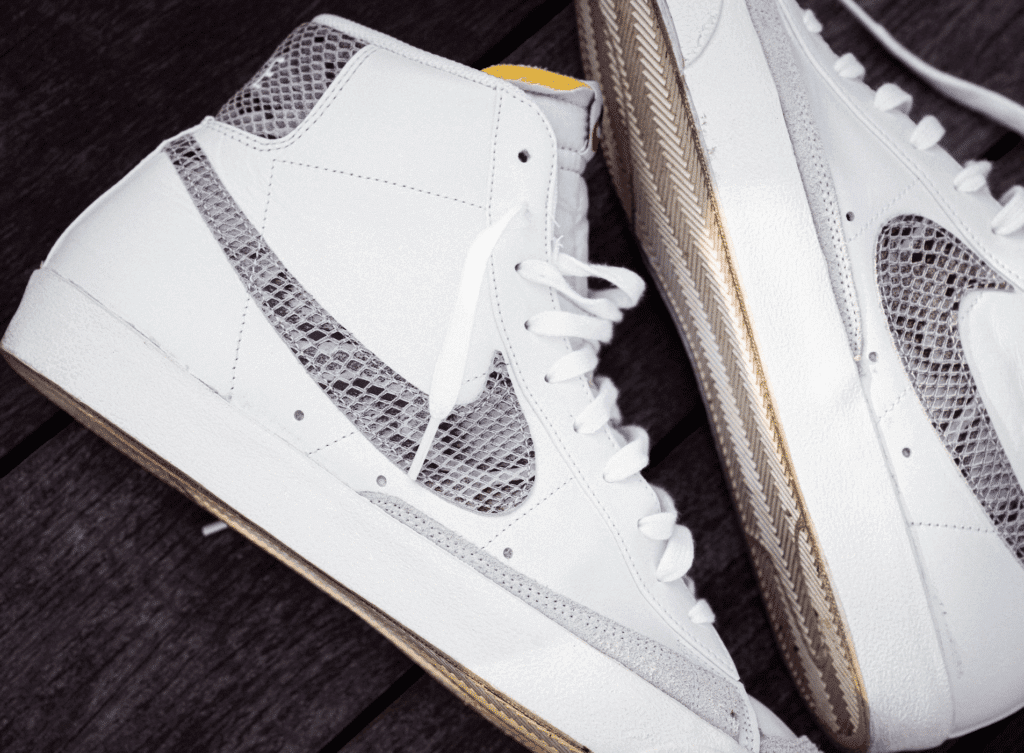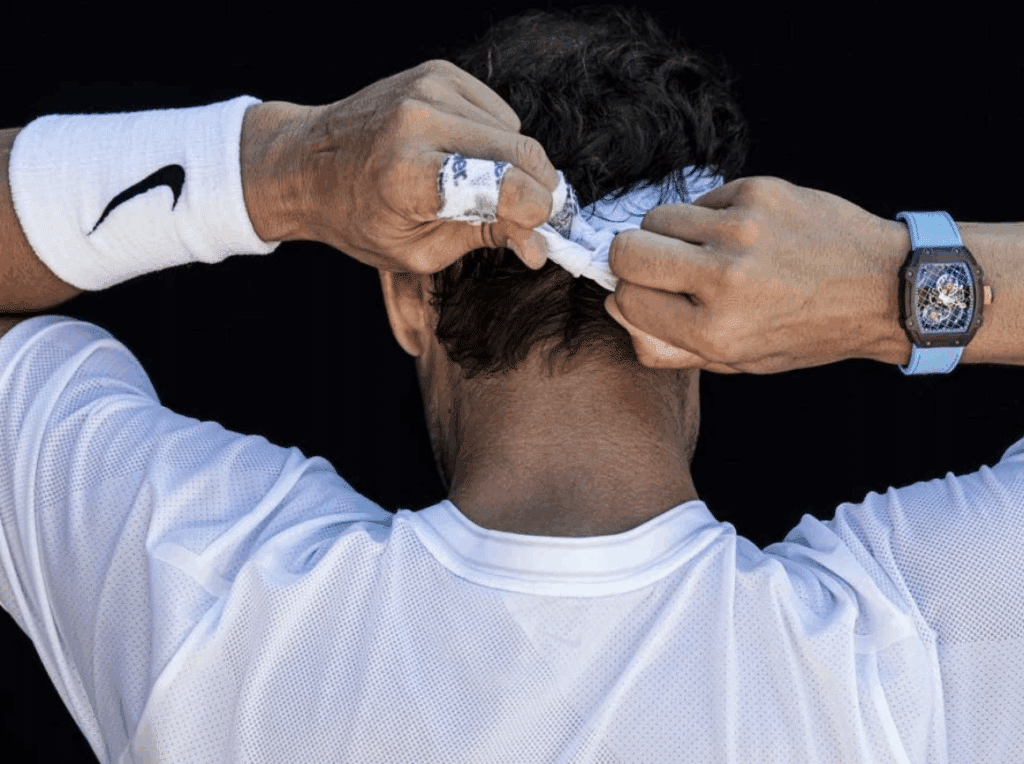Louis Vuitton claims that the operators of a Las Vegas mall have created a “safe haven for the sale of goods bearing counterfeits of Louis Vuitton’s federally registered trademarks.” In the case that it is waging in the U.S. District Court for the District of Nevada this week, Louis Vuitton alleges that Boulevard Mall and its operators have knowingly allowed counterfeit Louis Vuitton products to be sold by tenants within the mall. In particular, Louis Vuitton asserts that Boulevard Ventures LLC, 2495 Riviera LLC, and managing member Dennis Troesh (the “defendants”) are on the hook for contributory trademark infringement for turning a blind eye to counterfeit sales that harm Louis Vuitton’s reputation.
In the newly-filed complaint, Louis Vuitton argues that Boulevard Mall’s operators knowingly allowed tenants of its property to offer up and sell counterfeit goods. According to the complaint, “on numerous occasions prior to the filing of this action, Louis Vuitton notified the defendants of specific tenants at the [mall] who were engaged in the sale of counterfeit LV products.” The French luxury goods brand further claims that the defendants “turned a blind eye to this unlawful activity,” alleging they “failed to implement any rules or adopt or employ any practices or procedures that would reduce or eliminate the widespread sale of counterfeit goods occurring at the mall.”
Louis Vuitton asserts that it alerted Boulevard Mall’s management of ongoing counterfeit activity, and in November 2022, Nevada law enforcement executed search warrants on two tenants, “Zapateria Latina” and “All Fish Wear,” seizing “a total of 2,676 products bearing counterfeit and infringing trademarks,” including “1,059 counterfeit LV products.”
Despite this enforcement action and several formal warnings, Boulevard Mall allowed for counterfeit sales to continue, according to the complaint. Louis Vuitton claims that its investigators documented the sale of counterfeit goods on several occasions and provided detailed notices to Boulevard Mall management on November 22, 2022; October 2, 2023; December 15, 2023; and June 24, 2024, yet management allegedly “failed to take any meaningful action to address the ongoing sale of counterfeit LV products.”
Louis Vuitton argues that financial motivations drove the defendants to allow counterfeit sales and that the defendants prioritized profits over policing counterfeiting, suggesting that enforcing strict policies could reduce the mall’s profitability. As the complaint states, “[d]efendants reap substantial financial benefits derived from the sale of counterfeit items at the Market, including, but not limited to, increased customer traffic; number of Tenants; storefront/booth rental revenue; and value of their business.”
With the foregoing in mind, Louis Vuitton sets out claims contributory trademark infringement and vicarious libaility, and is seeking “statutory damages of up to $2 million per counterfeit mark per type of goods,” as allowed under the Lanham Act, a court order to prevent the defendants from “continuing to lease or otherwise make space available to any tenant” selling counterfeit Louis Vuitton products, and an accounting of all profits that the mall allegedly earned from counterfeit sales, along with trebled damages if the court finds the defendants engaged in willful infringement.
THE BIGGER PICTURE: Hardly the first case of its kind, Louis Vuitton and fellow luxury brands have filed lawsuits against flea market and discount mall operators, arguing that they are responsible for counterfeit sales occurring on their premises. Various federal appeals courts, including the Ninth, Seventh, Eleventh, and Sixth Circuits, have found that market owners/operators can be liable if they knew or should have known that counterfeit items were being sold and failed to take action to stop such sales, thereby, extending liability beyond just the party selling the counterfeit or otherwise infringing products.
The case is Louis Vuitton Malletier S.A.S. v. Boulevard Ventures LLC, 2495 Riviera LLC, and Dennis Troesh, 2:24-cv-02015 (D. Nev.).














